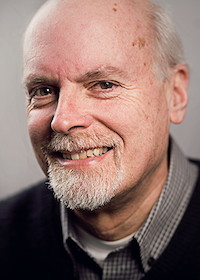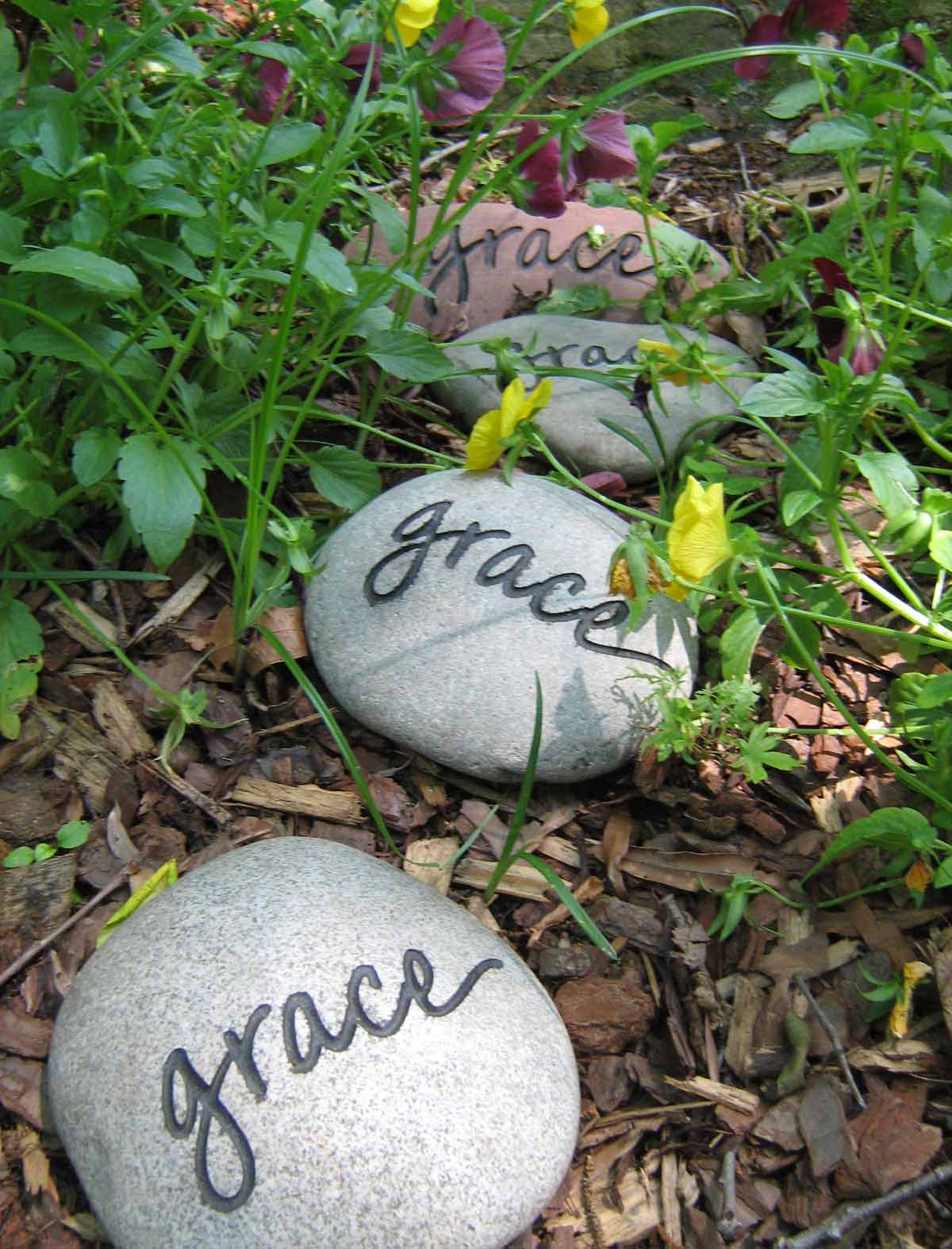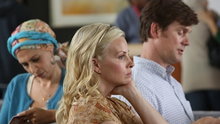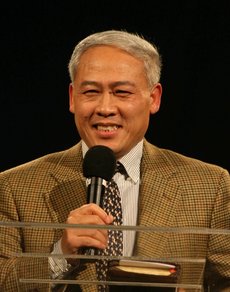The New City Catechism Adapted by Timothy Keller and Sam Shammas from the Reformation catechisms
- Details
- Hits: 8222
 Below is a tasting of the New City Catechism, adapted from Reformation catechisms by Tim Keller and Sam Shammas. There are three parts: God, creation and fall, law; Christ, redemption, grace; Spirit, restoration, growing in grace.
Below is a tasting of the New City Catechism, adapted from Reformation catechisms by Tim Keller and Sam Shammas. There are three parts: God, creation and fall, law; Christ, redemption, grace; Spirit, restoration, growing in grace.
PART 1 God, creation and fall, law.
Q1 What is our only hope in life and death?
That we are not our own but belong, body and soul, both in life and death, to God and to our Savior Jesus Christ.
Q2 What is God?
God is the creator and sustainer of everyone and everything. He is eternal,infinite, and unchangeable in his power and perfection, goodness and glory,wisdom, justice, and truth. Nothing happens except through him and by his will.
Q3 How many persons are there in God?
There are three persons in the one true and living God: the Father, the Son,and the Holy Spirit. They are the same in substance, equal in power and glory.
PART 2 Christ, redemption, grace.
Q 21What sort of Redeemer is needed to bring us back to God?
One who is truly human and also truly God.
Q22 Why must the Redeemer be truly human?
That in human nature he might on our behalf perfectly obey the whole law and suffer the punishment for human sin; and also that he might sympathize withour weaknesses.
Q23 Why must the Redeemer be truly God?
That because of his divine nature his obedience and suffering would be perfect and effective; and also that he would be able to bear the righteous anger of God against sin and yet overcome death.
PART 3 Spirit, restoration, growing in grace.
Q36 What do we believe about the Holy Spirit?
That he is God, coeternal with the Father and the Son, and that God grantshim irrevocably to all who believe.
Q37 How does the Holy Spirit help us?
The Holy Spirit convicts us of our sin, comforts us, guides us, gives us spiritual gifts andthe desire to obey God; and he enables us to pray and to understand God's Word.
Q38 What is prayer?
Prayer is pouring out our hearts to God in praise, petition, confession of sin,and thanksgiving.






 It's not often I come out of a dissertation defense with my head spinning and my heart breaking. But this is in fact what happened to me this week as I listened to Dan Jarrell's presentation of his paper. On the surface, a title that reads "Beyond Technology: Albert Borgmann's 'Device Paradigm' And Its Implications for American Evangelical Churches" may not cause someone to stop in their tracks. But I will tell you that this paper has given me pause and challenged me to some serious reflection.
It's not often I come out of a dissertation defense with my head spinning and my heart breaking. But this is in fact what happened to me this week as I listened to Dan Jarrell's presentation of his paper. On the surface, a title that reads "Beyond Technology: Albert Borgmann's 'Device Paradigm' And Its Implications for American Evangelical Churches" may not cause someone to stop in their tracks. But I will tell you that this paper has given me pause and challenged me to some serious reflection. NASHVILLE -- Lena Hampton felt at home from the first time she walked into Rural Hill Church of Christ in Antioch, Tenn., in 1975.
NASHVILLE -- Lena Hampton felt at home from the first time she walked into Rural Hill Church of Christ in Antioch, Tenn., in 1975. The following is written by someone who is wrestling with being both gay and Christian, and I think really captures some of the emotion and isolation that such individuals experience in trying to navigate the tension that brings about.
The following is written by someone who is wrestling with being both gay and Christian, and I think really captures some of the emotion and isolation that such individuals experience in trying to navigate the tension that brings about. In the intellectual ferment leading up to the 1989 Tiananmen protests, a much-watched series on Chinese television called River Elegy became closely identified with the hopes of China’s reformers. The six-part series, which used the Yellow River as an allegory for Chinese civilization,a that China should move away from its inward-looking culture, symbolized by the muddy river, and embrace the deep blue oceans that link China to the outside world. One of the series’ writers was a graduate student of Marxism at Renmin University named Yuan Zhiming.
In the intellectual ferment leading up to the 1989 Tiananmen protests, a much-watched series on Chinese television called River Elegy became closely identified with the hopes of China’s reformers. The six-part series, which used the Yellow River as an allegory for Chinese civilization,a that China should move away from its inward-looking culture, symbolized by the muddy river, and embrace the deep blue oceans that link China to the outside world. One of the series’ writers was a graduate student of Marxism at Renmin University named Yuan Zhiming.









